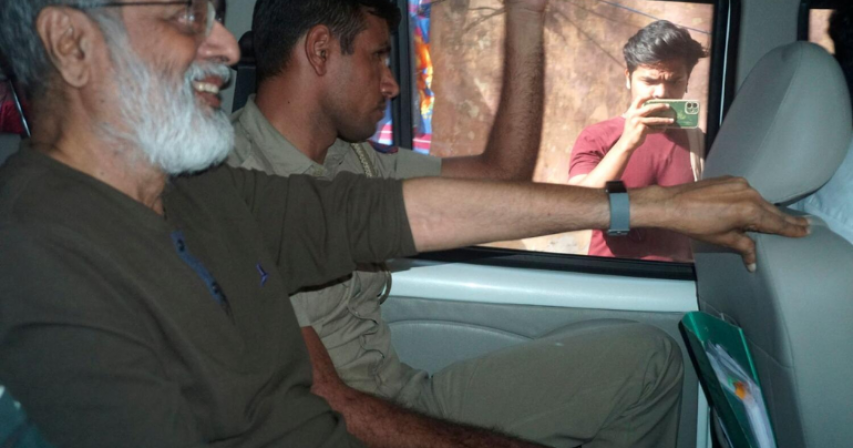India's top court bails jailed editor in Chinese funding case

Editor released from jail in Chinese funding case by top Indian court
An editor who was jailed in connection with a case alleging his news website received Chinese funding was released on bail on Wednesday by India’s top court.
Allegations that Prabir Purkayastha's English-language outlet NewsClick had received financial backing from a network propagating Chinese propaganda led to his arrest last year, according to an investigation by the New York Times.
After a protracted border dispute escalated into a fatal troop clash in the Himalayas in 2020 and froze diplomacy between the two countries, tensions rose between Beijing and New Delhi.
Keep abreast of current events. Be sure to follow KT on their WhatsApp channels.
On Wednesday, India's highest court declared that the financial crimes agency, the Enforcement Directorate, had violated Purkayastha's rights by unlawfully detaining him without first providing him with written notice of the charges against him.
Both Justice B.R. Gavai and Justice Sandeep Mehta ruled that his arrest was "invalid in the eyes of the law" and ordered his release on bond.
Claiming that it was not making a judgment on the validity of the continuing case against Purkayastha, the court ruled on his confinement.
An article in last year's New York Times claimed that US millionaire Neville Roy Singham was funding NewsClick, stating that it "sprinkled its coverage with Chinese government talking points"—claims that Singham denied.
Singham was also accused of "financing its propaganda worldwide" and of having close ties to Beijing in the report.
Purkayastha, who denies the allegations as well, was apprehended in accordance with the Unlawful Activities Prevention Act (UAPA), a severe anti-terror statute that virtually never grants bail to officially accused individuals.
The worldwide community is worried about the state of the media in India following his arrest. Press freedom in the country has drastically decreased since Prime Minister Narendra Modi took office in 2014.
According to Reporters Without Borders, India's media freedom ranking has fallen from 140th to 159th place.
Some say that journalists who speak out against the government are harassed, while others claim that the government of Narendra Modi has tried to put pressure on human rights organizations by investigating their financial dealings and limiting their access to foreign funding.






Comments